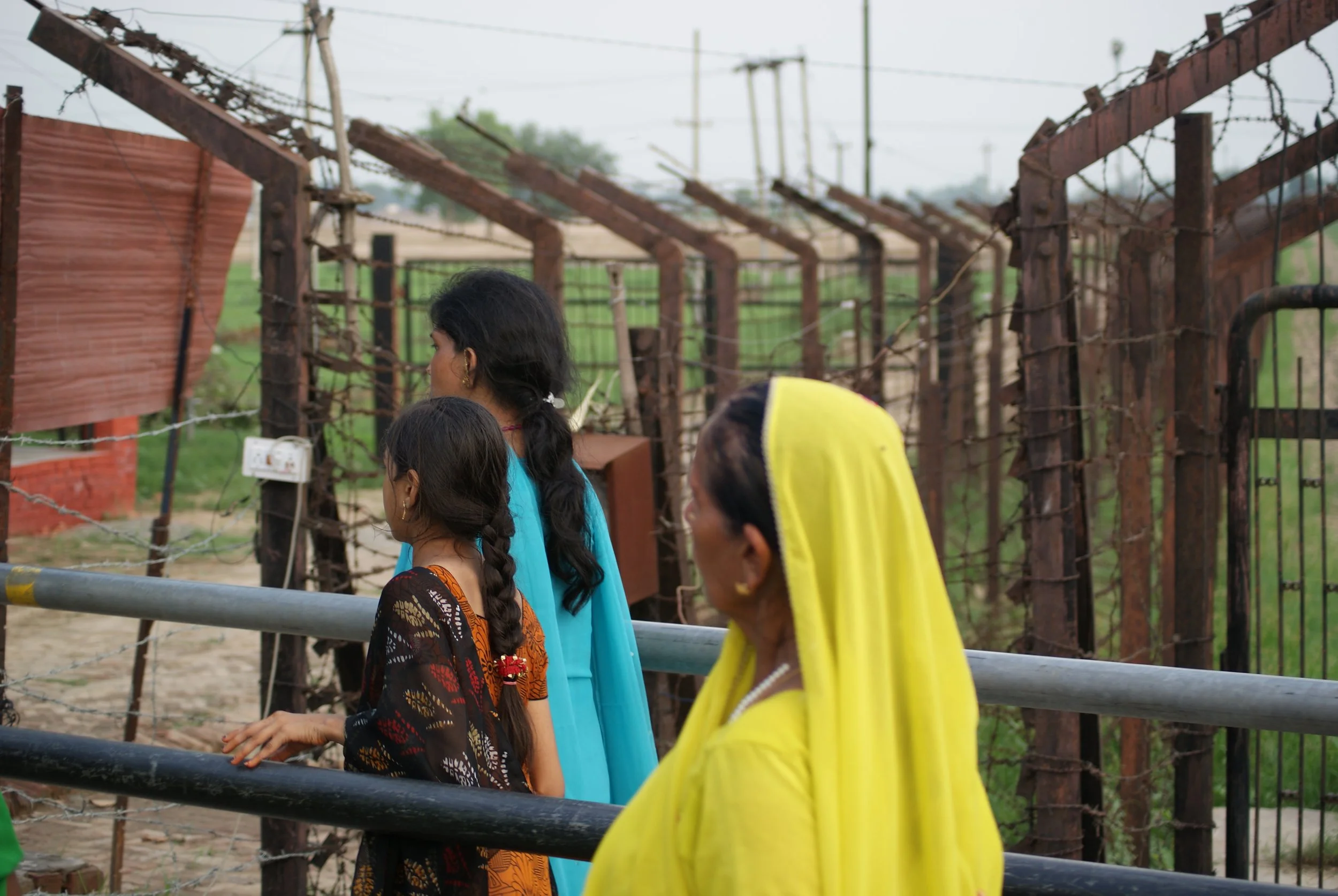Written by Daria Kurushina
Whether the driver is counterbalancing China’s influence in the region, addressing economic unfairness and trade barriers, criticising the expansion of the US trilateral alliance systems in the region, or improving diplomatic ties, the three countries have too much in common to neglect their interdependence.
Read More










